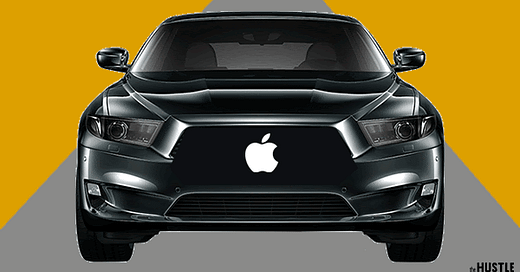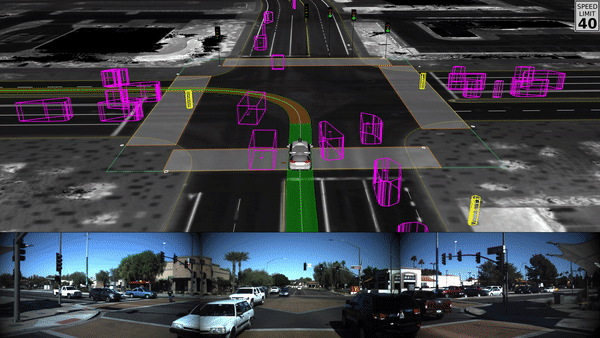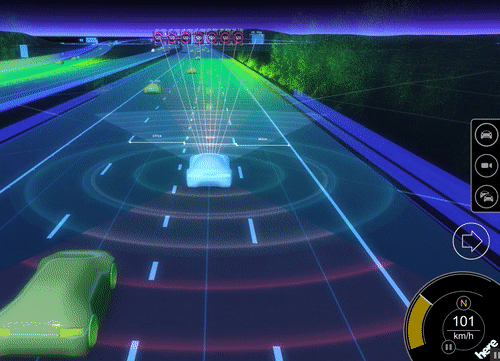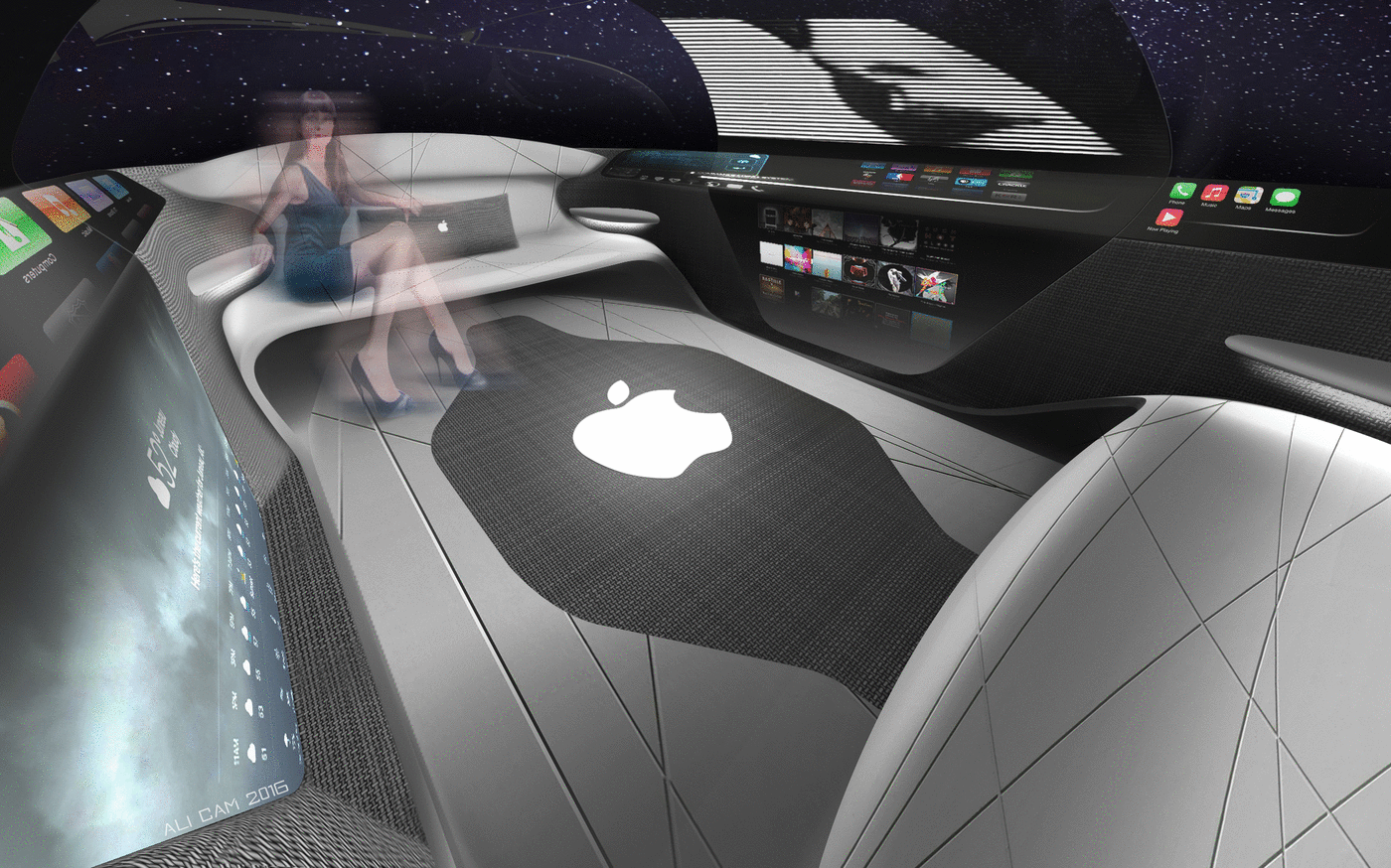Back last October, in “AI: Bumpier Roads for Self-Driving Cars…auto driving cars the canary in the AI coal mine”, I noted:
“The quest for self-driving cars over the last dozen plus years, where dozens of companies worldwide have invested over $200 billion dollars, may have a lot to teach us in how much the quest for AI promises may truly take in time, money and talent.”
“That self-driving cars may be the canaries in the AI coal mine despite the hundreds times plus improvements expected in LLM AI models and GPU hardware for general AI (aka AGI and ‘super intelligence’ by OpenAI et al), just in the next three plus years.”
I ended the piece with the observation:
“It generally takes way longer to do what we think new technology can do, and we need to focus on the more prosaic, practical applications of technologies first”.
Apple seems to be taking this view finally in terms of its long-rumored investments and ambitions to building and delivering an Apple AI EV car, code-named Titan. As Mark Gurman of Bloomberg observes in “Apple ivots to a less design for its EV, from Level 4 AI autonomy to Level 2+, and pushes back its launch from 2026 to 2028 or later”:
“Apple Inc., reaching a make-or-break point in its decade-old effort to build a car, has pivoted to a less ambitious design with the intent of finally bringing an electric vehicle to market.”
“After previously envisioning a truly driverless car, the company is now working on an EV with more limited features, according to people with knowledge of the project.”
“Even so, Apple’s goal for a release date continues to slip. With the latest changes, the company looks to introduce the car in 2028 at the earliest, roughly two years after a recent projection.”
Apple’s persistence and focus on this efforts seems to have been epic under CEO Tim Cook’s steering:
“Apple’s secretive effort to create a car is one of the most ambitious endeavors in its history, and one of its more tumultuous. Since it began taking shape in 2014, the project — codenamed Titan and T172 — has seen several bosses come and go. There have been multiple rounds of layoffs, key changes in strategy and numerous delays.”
“But Apple has struggled with how to approach such a product. As of the end of 2022, the Cupertino, California-based company aimed to release a car by 2026 with advanced self-driving features for highways.”
“Now, after finding it wouldn’t be able to complete such a vehicle in the foreseeable future, Apple is developing more basic driver-assistance features in line with current Tesla Inc. capabilities, according to the people with knowledge of the plans. The car will use what is known as a Level 2+ system, the people said. That’s a downgrade from previously planned Level 4 technology — and, before that, even more ambitious aims for a Level 5 system.”
The whole piece is worth reading for a better understanding of what the auto industry led by Tesla, and many others have been focused on for over a decade.
Apple of course has been optimistic that the underlying technologies could be developed on a time frame that would make an Apple version a reality at scale.
This is despite my key observation yesterday, that Apple generally enters a new technology later than most, but strives to deliver the best. Much as it’s trying to do with its new Vision Pro ‘Spatial Computing’ Vision OS platform. And I don’t view this development as one of Apple’s ‘perceived AI headwinds’, that I discussed in a separate piece.
It’s an old adage in technology that things take longer than most early expectations, but eventually surprises on happening much faster than expected.
That ‘eventual’ moment for AI cars is likely still a few years away. And Apple if it wants to then, will certainly get another bite at that apple. At some point in this AI Tech Wave. Stay tuned.
(NOTE: The discussions here are for information purposes only, and not meant as investment advice at any time. Thanks for joining us here)










